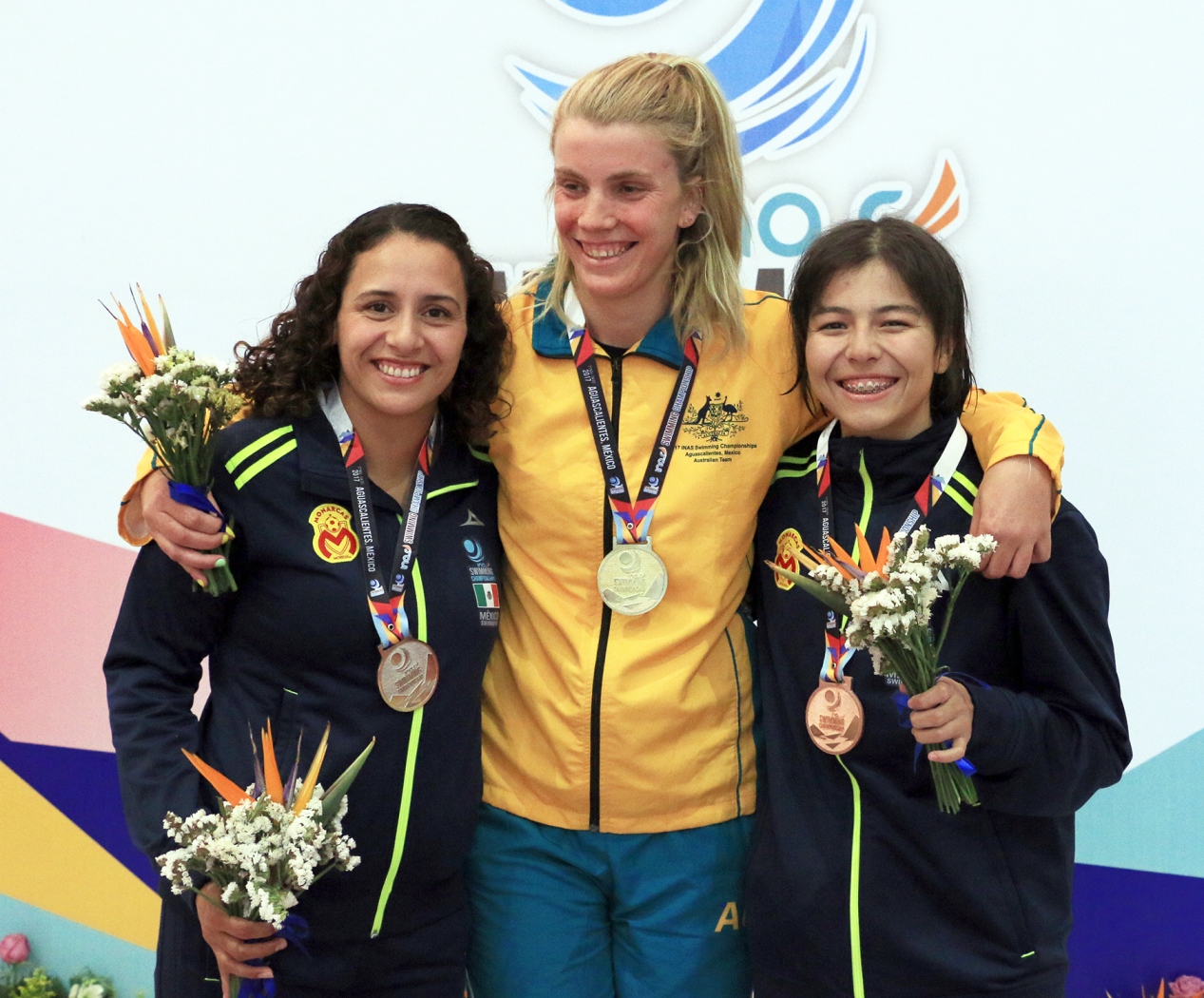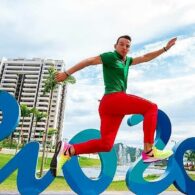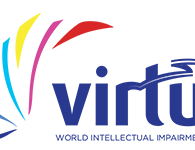#Brisbane2019: Swimmers to hit Global Games pool
The countdown to the 2019 edition of the Global Games – the world’s biggest high performance sports event for athletes with an intellectual impairment – continues.
Swimming is one of the largest sports that fans can enjoy in Brisbane, Australia, from 12-19 October.
Events will take place at the Brisbane Aquatics Centre as athletes go for titles. Some will also continue their road to Tokyo 2020 as Paralympic champions make the journey to Australia.
In swimming, medals will be awarded in three categories for the first time. II1 athletes – also known as S14 in the Paralympics – have an intellectual impairment. II2 athletes have a more severe intellectual impairment, such as Down syndrome. II3 athletes have high functioning autism – this category is a demonstration event for the 2019 Global Games as research continues.
Men’s
Hong Kong’s Wai Lok Tang is one of the main contenders in the men’s events, including in the 200m freestyle II1 and 100m backstroke II1.
The 200m free is on the Paralympic programme and in 2015 at the last Global Games in Ecuador, Tang topped the podium around one year before winning gold at Rio 2016.
However Brazil’s Felipe Caltran Vila Real is the International Federation for Athletes with Intellectual Impairments (World Intellectual Impairment Sport) Swimming champion. He took the win at the INAS Swimming Championships in 2017 in Tang’s absence.
In the 100m backstroke, Tang finished second in 2015. France’s Nathan Maillet is the 2017 gold medallist whilst teammate Simon Blaise finished second.
Hosts Australia will try to live up to expectations in one of their national sports.
Liam Schluter is amongst the world’s top five in the men’s 200m individual medley II1 as he tries to qualify for Tokyo 2020.
Japan’s Takuya Tsugawa is building towards a home appearance of his own as the silver medallist from the 2015 Global Games. Caltran could also feature as the 2017 champion.
In the men’s 100m butterfly II1, Brazil’s Gustavo De Oliveira Nunes will go head-to-head with the rest of the podium from 2017. Japan’s Haruki Takayanagi and Shunya Murakamki left with silver and bronze two years ago.
Women’s
An equally stacked field is expected in the women’s events.
Spain’s Michelle Alonso is the women’s 100m breaststroke II1 Paralympic champion, adding to her gold from London 2012.
Those who follow the sport closely will also know to look out for Brazilian twins Debora and Beatriz Carneiro.
Most recently Debora won Parapan American Gold in Lima, Peru, whilst her sister finished with silver. Debora is also the World Intellectual Impairment Sport champion.
In the 200m freestyle II1, Australia’s Jade Lucy will power out of the blocks as the world No.8 and 2017 gold medallist. Her teammate Ruby Storm is the world No.9.
The USA’s Leslie Cichocki is also a serial medallist and, as of 2016, a Paralympian. Cichocki made history at Rio 2016 when she became the first swimmer with an intellectual impairment to compete for her country.
The American has a silver in the 200m individual medley from 2015 as well as silver in the women’s 100m butterfly and 100m backstroke from 2017.
In the backstroke, Hong Kong’s Yu Lam Chan will challenge Cichocki as the world No.5.
The World Intellectual Impairment Sport Global Games are the world’s biggest high performance sports event for athletes with intellectual impairments.
Nearly 1,000 competitors will go for gold in 10 sports in Brisbane from 12-19 October.




